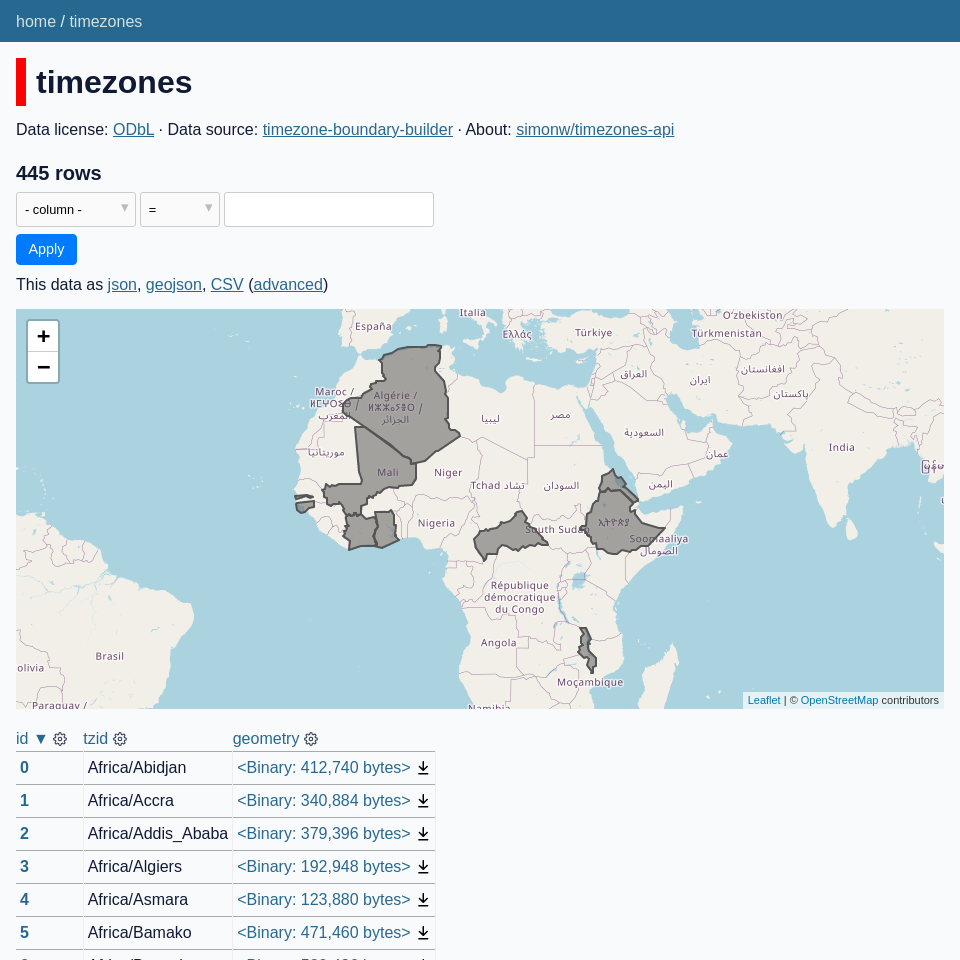January 2023
77 posts: 5 entries, 29 links, 8 quotes, 35 beats
Jan. 1, 2023
In 2022, web3 went just great. Molly White’s essential roundup of 2022 in cryptocurrency. “$4.27 billion was stolen in various hacks and scams this year alone”.
Jan. 2, 2023
nanoGPT. “The simplest, fastest repository for training/finetuning medium-sized GPTs”—by Andrej Karpathy, in about 600 lines of Python.
Petals (via) The challenge with large language models in the same scale ballpark as GPT-3 is that they’re large—really large. Far too big to run on a single machine at home. Petals is a fascinating attempt to address that problem: it works a little bit like BitTorrent, in that each user of Petal runs a subset of the overall language model on their machine and participates in a larger network to run inference across potentially hundreds of distributed GPUs. I tried it just now in Google Colab and it worked exactly as advertised, after downloading an 8GB subset of the 352GB BLOOM-176B model.
Jan. 3, 2023
Jan. 4, 2023
Jan. 8, 2023
Jan. 9, 2023
Datasette 0.64, with a warning about SpatiaLite
I release Datasette 0.64 this morning. This release is mainly a response to the realization that it’s not safe to run Datasette with the SpatiaLite extension loaded if that Datasette instance is configured to enable arbitrary SQL queries from untrusted users.
[... 675 words]Jan. 10, 2023
Retiring Pinafore (via) Nolan Lawson built Pinafore, which became my default Mastodon client on both desktop and mobile over the past month. He thoughtfully explains why he’s ending his involvement in the project—and why, for trust reasons, he’s not planning on handing over the reigns to someone else. Pinafore is everything I want a good SPA to be—it loads fast, works offline and packs a whole lot of functionality into a tiny package. I’m sad to see Nolan’s involvement come to end—it’s a superb piece of software.
Mapping Python to LLVM (via) Codon is a fascinating new entry in the “compile Python code to something else” world—this time targeting LLVM. Ariya Shajii describes in great detail how it pulls this off, including tricks such as transforming Python generators to LLVM coroutines. Codon doesn’t promise that all Python code will work—it’s best thought of as a Python-like language which can be used to create compiled modules which can then be imported back into regular Python projects.
You will not use the Software for any act that may undermine China's national security and national unity, harm the public interest of society, or infringe upon the rights and interests of human beings.
Jan. 11, 2023
Jan. 12, 2023
Jan. 13, 2023
Examples of floating point problems (via) I learned so much practical stuff from this post by Julia Evans. There are no 32-bit floating point numbers between 262144.0 and 262144.03125, which breaks code that attempts to keep incrementing by 0.01. I knew about the JavaScript tweet ID problem (JavaScript can’t handle numbers like 1612850010110005250) but I didn’t realize it affected jq as well. Lots more great examples in here.
